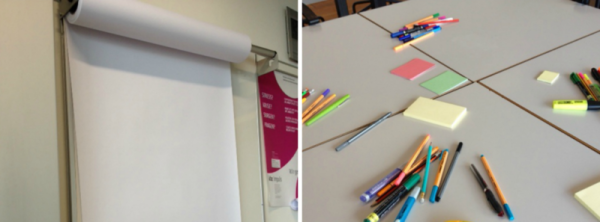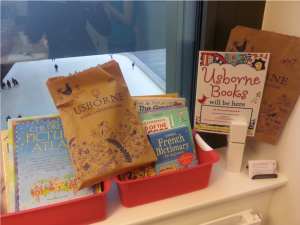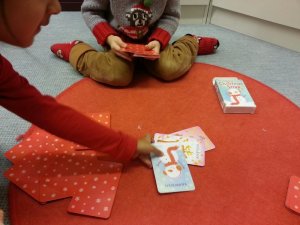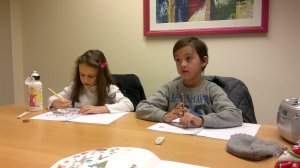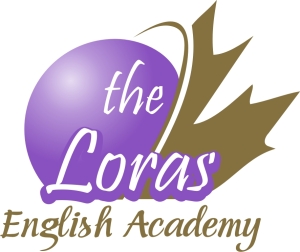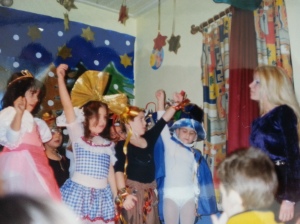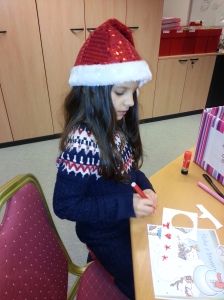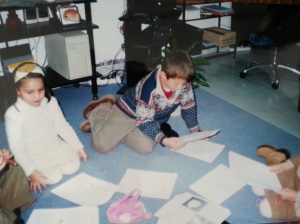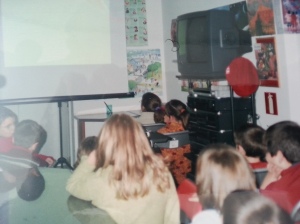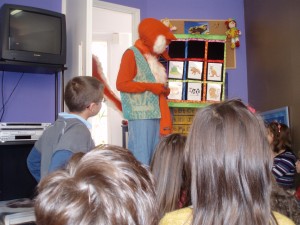This post is a summary of my talk on ‘A factual account of bilingualism and multilingualism in our personal and professional lives’ during our 1st International Loras Workshop in Zug, Switzerland.
Ladies and Gentlemen,
We would like to thank all those who were present at our 1st International Workshop on Sunday, 22 September 2013. We would also like to thank all those who were not able to attend but supported us online, offline or any other way possible, sending a wish or a kind word. We greatly appreciated the presence and support of our exceptional speakers, Dr MA Sipra, Mr Alex Rawlings and Ms Claudia Buzzoni. Our friends and family deserve a huge thank you for all their support throughout our personal and professional lives.

The theme of the year at this workshop was ‘Bilingualism and Multilingualism in Families and Language Learning’. We decided to start off our series of workshops with this specific theme for a very good reason.

I have been an English Language teacher for eighteen years and a mother for eight years. Whether at our school in Greece or in Switzerland, the questions that parents/clients ask us have been constantly the same.
* At what age should a child start an additional language?
* How frequently should the child be exposed to the additional language?
* Will the child get confused?
* Should a parent speak to the child in the additional language?
* Should the new language start when they start learning it at school or should they get a headstart?
* Is there something more we must do as parents and / or teachers?
I too had the same questions when I started off my career as a language teacher and even more so when I became a parent. I needed answers for my students and my children, so I specifically started studying bibliography on this topic. As much as I possibly could. And the questions started receiving answers; one by one… consistently.

These are the conclusions I reached personally and professionally:
* At what age should a child start an additional language?
It does not really matter as long as there is CONSISTENCY.
* How often should the child be exposed to the additional language?
As often as possible or feasible, as long as we are CONSISTENT.
* Will the child get confused?
Not if we are CONSISTENT.
* Should a parent speak to the child in the additional language?
If it is his/her (almost) native language and they feel confident in using it, yes, but
CONSISTENTLY.
* Should we start the additional language when it begins at school or earlier?
It does not really play that big a role as long as it is done CONSISTENTLY.
* Should we do something more as parents and / or teachers?
Be CONSISTENT with your children and / or students and keep learning more on the topic of languages CONSISTENTLY.
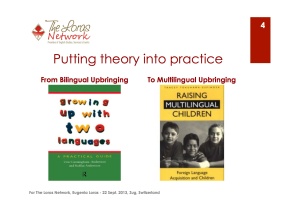
One of the aspects of our profession that I really love is the fact that you can actually mix business with pleasure. Everything I applied at our school, I did at home and what I experienced at home, I added to the methodology of our school. The basis for our efforts and progress was given mainly by two books.
The first one that I started studying was Growing up with two languages by Una Cunningham-Andersson and Staffan Andersson. Two educators and parents of four children that were raised bilingually. That combination alone was a guarantee for me that the specific book was a good choice to start off with. When I was pregnant to our first child, we were living in Greece and bilingualism was our concern and focus. I studied, selected, adjusted, skipped, repeated and applied whatever I understood was relevant to our family and business situation.
Before we moved to Switzerland, I was pregnant to our second child and a third language was to be introduced into our lives. A language none of us knew. A language that would be added to our first child’s bilingual foundation and a language that would be simultaneously introduced to our second child along with two other languages. The second book that I turned to for this special guidance was ‘Raising Multilingual Children’ again written by an educator and mother, Tracey Tokuhama-Espinosa. This was even more challenging and at the same time, I had to properly revise all I had learnt from the first book. We had to stick to the successful recipe we started off with while transforming our language acquisition to the new circumstances, without pressure on the children just as we had never applied pressure on our students. We have always been trying to make our language lessons and experiences pleasantly productive.

A summary of our language journey would include our decision to follow the ‘One Person, One Language’ method. This was the best choice based on our family’s personality, our professional schedules and the languages we were confident in.
We were all very devoted to this project; all members of my husband’s and my own family and the consistency we maintained was another winning factor.
We really had to show patience, especially in the case of our second child who was brought up multilingually from scratch. Our patience has paid off. Without pressure, without stress, patience helps children elegantly learn languages.
Progress is the gift you keep on receiving when being consistent and patient. This is one of the things that makes us love being teachers and / or parents.
And my personal favourite: encouragement. What better motivation than the kind proud words of a teacher or a parent.

While walking around our home to see what other ideas and tips I may had forgotten to include in my talk, I stumbled upon a slip-up. Everyone in the room immediately spotted it! And we have now added the labels of our nicely organized boxes in the languages of Greek and German, too.

I ended my talk with some recommendations of sites concerning the topic of bilingualism and multilingualism hoping any piece of information would encourage the teachers and / or parents to go ahead and apply. Consistently and confidently. Pleasantly and productively.
Thank you all for your support!
